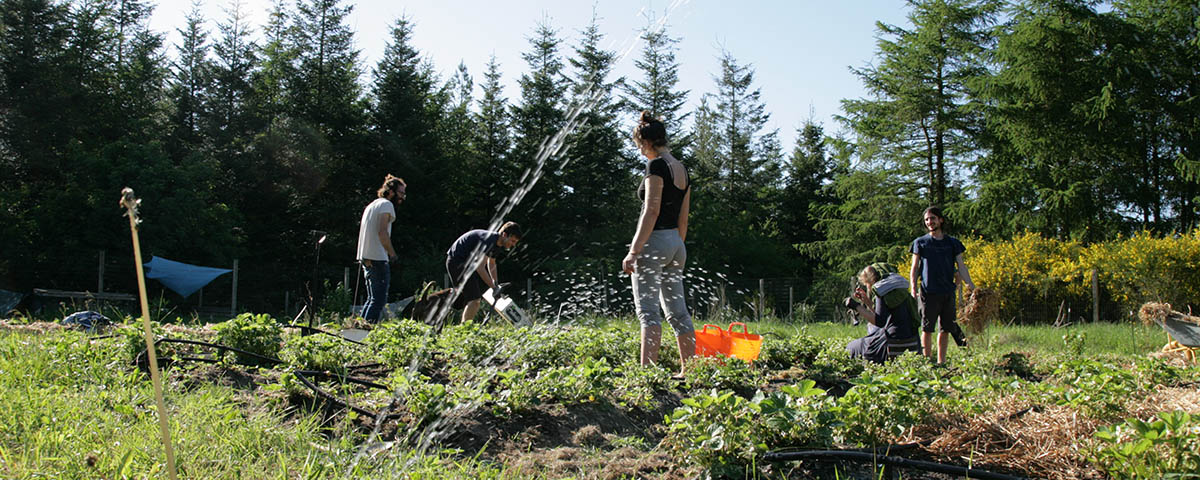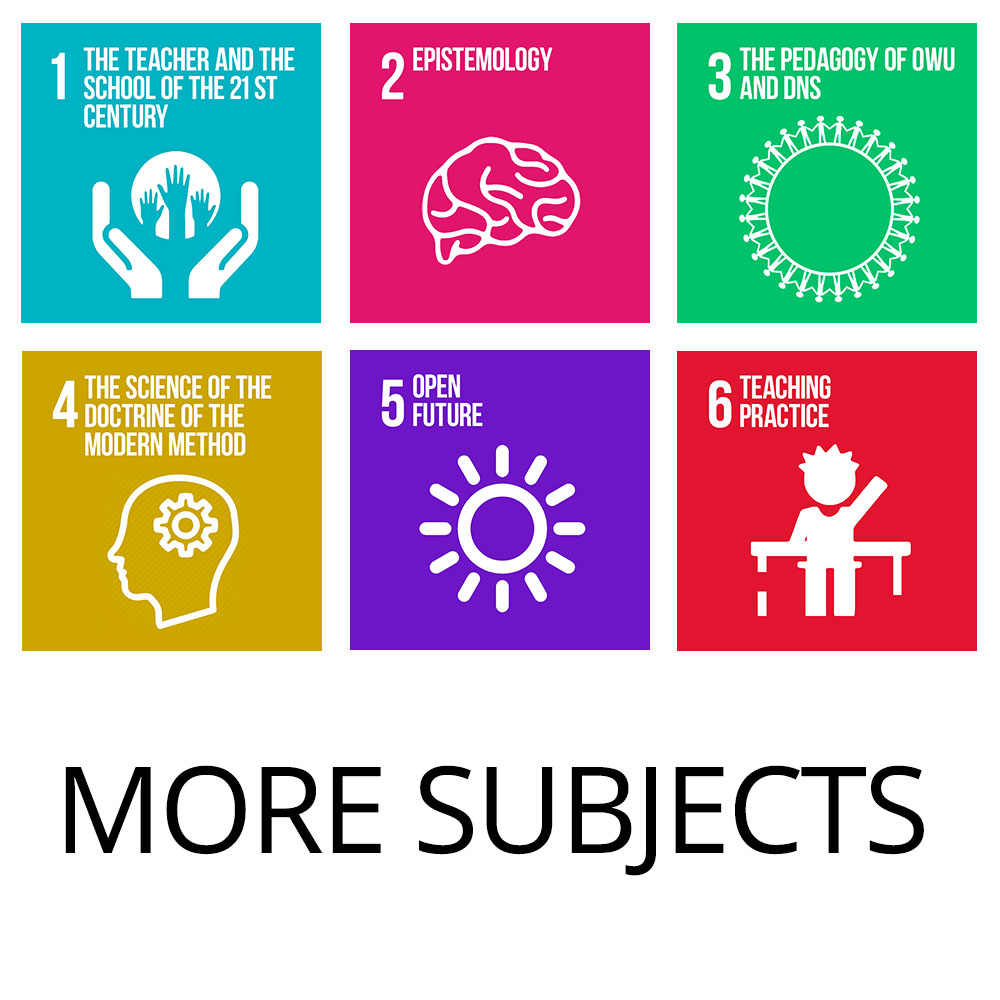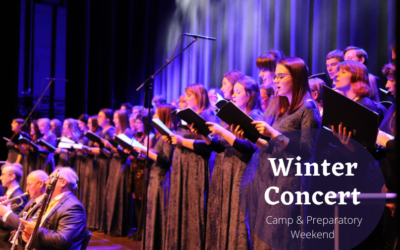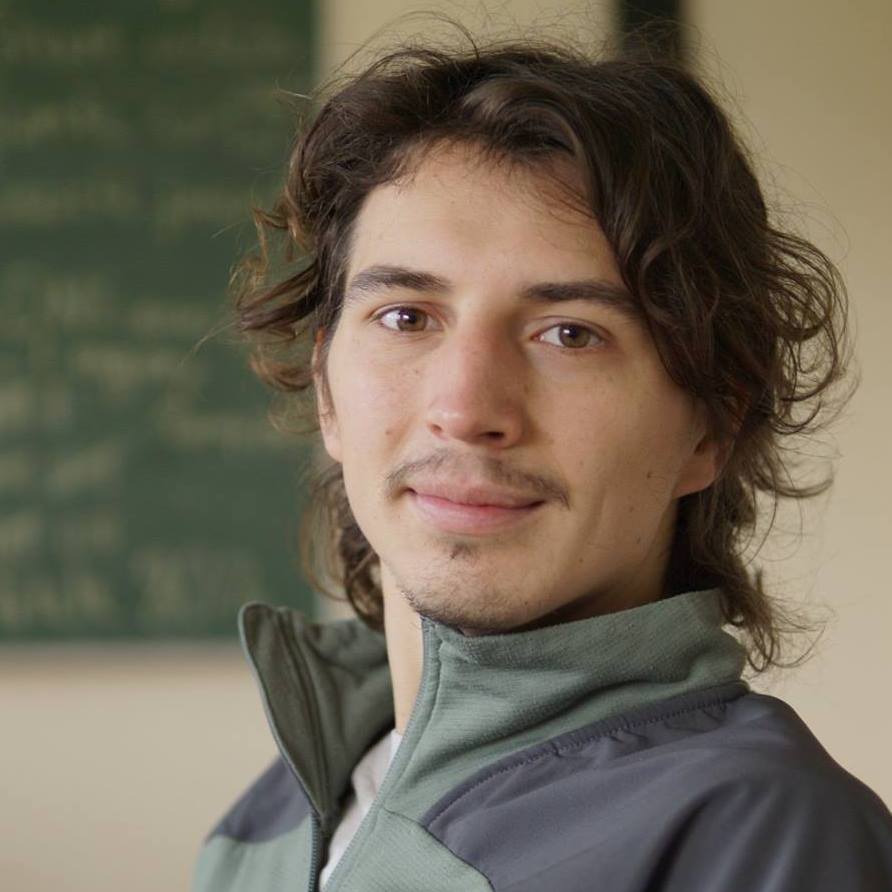
Curriculum · Bachelor of Pedagogy
Description of academic subjectsSubject:
Horticulture & Good Cooking
[HOR] Hours: 175 ECTS: 9 Exam: in 2nd Yr
Study modules in the 1st year (50 hours) and 2nd year (125 hours).
Why this subject is part of the curriculum:
The current state of the world, in particular the challenges with regard to climate change, demand attention with respect to food and food production. How do we feed the world in a sustainable way? How do we secure good quality food in our own local community?
These are issues that are relevant for all humans, since we all need to eat. Therefore, food production from the seed to the plate is an important aspect of a teachers’ education, since it it the teachers who can supply the new generations with awareness and practical skills.
In the modules, students will:
- learn in theory and practice about a healthy diet
- study food hygiene
- learn in theory and practice about sustainable farming
- grow organic crops at the school’s vegetable garden
- develop skills within horticulture: permaculture, garden farming and other food production concepts
- cook good food, also for many people

More about the subject
Nowadays, farming or agriculture means manipulating the environment for the sake of increasing the amount of available and consumable food. The history of agriculture becomes of greatest interest to us because we all live from the land.
The wild environment was the first, and for many thousands of years the only, source of food for our forefathers. From the primitive sticking a part of a plant into the ground in order to make it grow and, symbolically spoken, bear fruit, to actual farming in the sense in which we today understand that concept, 30,000 years with trials and errors and one ice age has passed.
The history of agriculture
Homo sapiens, our direct forefathers, came onto the world scene. These creatures started to settle down and to farm. Bigger plots of land were cultivated and surplus food was sold to what amounted to the beginning of cities.
Agriculture developed into three distinct and very different kinds of activity. The three of them developed approximately simultaneously.
The easy way: Pastoral farming
After having learned to tame some useful animals and keep these as herds, people simply allowed their herd to grass or in other ways feed on the natural environment. Herbs, grasses and water from rivers became extensive grounds for pastoral agriculture.
Letting the richness of the land serve as a reservoir of food for herds of tamed animals was the easy way out. There was no hard ploughing to do, no sowing customs to learn and no need for fences. Manure from the animals fertilised the land.
In later times and in our time, ploughing and sowing have come into pastoral agriculture as improvements. Modern pastoral farming has changed so as to become an extension of arable farming. This means that for grasses such as wheat and oats and rice and maize, although much is grown directly as food for people, most of the harvest goes to fatten intensive livestock.
Some of the more brutal and abominable processes take place on both sides of the border between the mother state of all hamburgers and the delivery boy to its south. Take a drive along that border. Herds of thousands and thousands of cows are corralled for fattening in detestable circumstances. They are being prepared for becoming part of the foundation for consumption in Fast Food Country.
This is still agriculture, and this is still pastoral farming, but all connections to the shepherds under the shining star of former times have ceased to exist. What is left is mass production for a massive human population of the globe. That brings us to the second type of agriculture, called arable farming.
Agriculture means cultivation of the fields
The second type of farming features an agriculturalist. He does arable farming. He is recognizable by his ploughing the fields. What he does is to remove the scrub, or what some would call the natural flora. He cleans the table. He organises a tabula rasa. To do such hard labour, man has from the onset of agriculture used animal power. After having cleared the land and ploughed it, the arable farmer puts in seeds, expecting a manifold harvest after some months.
Arable farming mostly produces staple crops, and does so on a large scale. Such a farmer produces maize and potatoes, wheat and other improved grasses for grains.
Horticulture – a lot of good food in a small space
The third type of agriculture or farming is horticulture. Farming is horticulture when the farmer can produce a lot of good food in a small space. This way of farming is very labour intensive, as they call it.
A horticulturist grows food plants intensively, almost as a kind of “one plant at a time” system. Originally, horticulture was a garden culture, and at times a very specialised one. A good example is monks having in their garden only herbs.
Horticulturists do not plough. Maybe it is better to say did not plough, because in many horticultural set-ups, methods from arable farming have been put to good use.
What some people today call garden farming is horticulture, including some animal husbandry.
At DNS we practice horticulture
We do so for food. We are, of course, in the same hot water as are everybody else. It is the hot water of supermarket food. We know, as you all know, that the food sold in supermarkets is food grown by huge conglomerates, probably food composed of genetically manipulated plants and food preserved for a long shelf life by additives dangerous to your health.
We practice horticulture for good food. We knowingly place our health in focus, when it comes to nutrition. Here is the thing about horticulture. It is a very labour intensive production. We need to put many hours into food production when we do it the horticultural way.
You may want to know our reason for not simply employing a sufficient number of people to work our horticulture fields. The answer is partly the expenses connected to hiring, and partly our idea of becoming as self-sustainable as possible by engaging those who eat the food as those who produce the raw material for the prepared food.
We want to become a school where teachers and students by means of their manual labour produce the raw food material that by good cooking will be turned into dishes of health.
Our vision is to experience the intellectual as a farmer, as the intellectual horticulturist.
We want to share that vision with you. Moreover, we want to unite us, founded on that vision. We run the garden farm and see to the good cooking.
All hands on deck
All hands on deck is not only a command on board a ship in distress, it is also a good slogan for intellectuals united around an important issue.
But DNS has some strange questions repeatedly being asked by a few students. They circle around a rather bizarre understanding of an intellectual as a young person who, by luck or intelligence, has broken free from the serfdom of having to cultivate the land. Now, this young person has enrolled at DNS without noticing or believing that we do manual labour, and that we treasure intellectual and manual labour equally highly, showing respect for productivity in both areas of human activity.
“Why should a student at a teacher training college have to work manually?”
“Why must an intellectual work as a horticulturist? I believe that the separation of manual labour from intellectual labour is a correct one, and I have chosen the road of intellectualism.”
Questions like that, issues like that, pop up.
That is but not the problem. The problem is that such students find it acceptable to stay as students, but neglect to participate in the program with all what it takes.
Our first concern is the easy one. We tell such young persons not to enroll in the first place during preparatory meetings.
Our second concern is a harder one. Such young persons enroll in spite of the advice given, disbelieving the consequences. They should not have done so. If you enroll, you follow the programme. The program at DNS it is not for sale or up for negotiation, and each student knew about the program before enrolling.
Our third problem is the biggest. We really need to have all intellectuals to react positively to the dialectics between manual and intellectual labour, we need to have all of us active in the movement of honouring both kinds of work.
Horticulture is a heaven-sent possibility for us to unite around these dialectics. We unite practically in two locations. The one is in the garden, which we farm. The other is in the kitchen, where we cook our excellent food, based on our organic produce.
It is all in our brains. We must plough new and deep tracks, one for farming as horticulturists and one for cooking fine food.
At DNS, we garden farm with a vengeance. At DNS, we cook with nutritious tasty food.
The subject of Horticulture and Good Cooking is maybe the most basic and dynamic theme of them all.

is blended with hands-on experiences.
We emphasise a learning by doing approach
and practice community living.
Our aim is to train progressive teachers who can respond to the challenges of our time.
Curriculum subjects
Pedagogical Science
- The Teacher and the School of the 21st Century
- Epistemology
- The Pedagogy of OWU and DNS
- The Science of the Doctrine of the Modern Method
- Open Future
Teaching Practice
- Teaching Practice
Geography
- The African Continent
- Contemporary Europe
Social Science
- Big issues of Our Time
- The Future of Europe
- Fighting With the Poor
- The World of Politics
Nature & Technique
- Mastering the Material World
- Horticulture · Good cooking
- Lifestyle Sustainability
History
- The History of the World
Arts
- The World of Arts
English
- Mastering Languages
Media & Communication
- Bringing it to the Public
Specialisation
- Specialisation
Thesis
- Bachelor Monograph
thankyou learn more meta
Thank you!You should get a booking confirmation over email.Meanwhile, feel free to explore our blogThank you!You should get a confirmation over email.Meanwhile, feel free to explore our blog
Winter Concert · January 2024
We are looking for volunteers to help us organise a big music event at the end of January!
Course: The Cuban Literacy Campaign
The Cuban Literacy Campaign and the participation of women in the campaign significantly impacted the Cuban patriarchal culture at a crucial moment. In other words, though a male-led revolution did not give women the space to organise against patriarchy, rather by actively participating in the revolution, women helped change the nature of Cuban patriarchy today.

Keep in touch
The Necessary Teacher Training College ,
Skorkærvej 8, 6990 Ulfborg, Denmark




